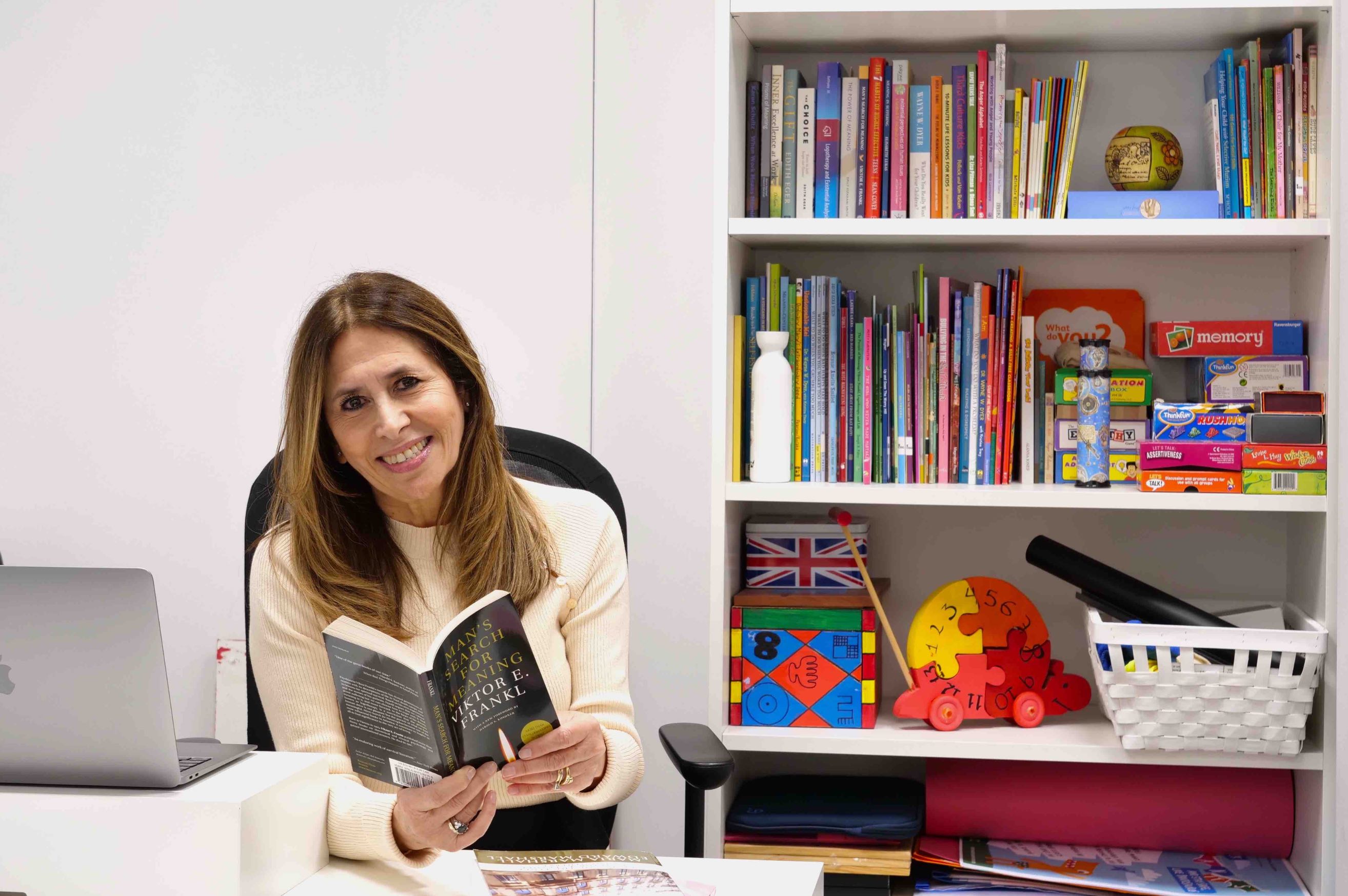Third Culture Kids: A difficult journey but a great destination
For children, moving abroad can be a challenging, but rewarding experience. Simon Porter, Director of Learning at our sister school, Compass International School Doha, shares his wisdom and research on children changing schools and countries. Learn how frequent changes of school can impact your child's development and self-esteem, as well as their global outlook.
For children, moving abroad can be a challenging, but rewarding experience. Simon Porter, Director of Learning at our sister school, Compass International School Doha, shares his wisdom and research on children changing schools and countries. Learn how frequent changes of school can impact your child's development and self-esteem, as well as their global outlook.
Children who have been brought up in a number of cultures other than their own are often referred to as Third Culture Kids (TCKs). They are, in many ways, the “global” children we aspire to have. They are at home in any situation, well-travelled, multi-lingual, able to interact with a wide variety of people from a wide-variety of backgrounds, adaptable and easily able to assimilate into new situations. However, it is often forgotten that the journey to becoming a TCK is a long and fraught one, filled with traumatic changes in school, country, friends and environment. Is it any wonder then that literature tells us TCKs are more prone to suffer from depression, and the more frequently they change schools, the more likely this is? (Devens, 2005).
As a parent of three TCKs myself, I count five schools in five very different countries, a return to one country adding up to six moves. My own personal experience is that acclimatising to a new school and new country can take at least six months as students go through a process of forgetting the culture they have just been living in and getting used to new cultural norms (Kim, 2001). During that time your child is liable to be feel alienated, homesick, fear and stress as a result of their drastic change in circumstances. This culture shock can obviously have a drastic effect on their progress at school (Sandhu & Asrabi, 1994).
How can we help our kids adapt to these changes, so at the end of the six month settling in period they are happy and functioning well in their school? Having survived this six times, here are a few things I think you can do to help your child:
- Set up “home” as soon as possible. Those family pictures and ornaments, whilst expensive to ship, are important reminders that home is where the family lives, not a point on a map.
- Get them into a regular routine as soon as possible, especially when it comes to bedtime.
- Allow time to settle in school. It is clear that they are going to be unhappy for quite a while, so you need to support the school as they, in turn, help your child to settle in.
- Get them doing their familiar activities as soon as possible. If they play an instrument make sure they get in the school band; if they play football, find them a team.
- Ship the pet dog/cat/fish…
- Encourage them to invite new friends to the house.
- Find a local sports team to support.
- Give them your time--read with them, ask them how their day was, or pick them up yourself from school.
- Be patient and show that you love them.
- Finally, remember the end product is worth it. As Anna, a TCK explains, “I am FREE like a bird. I can live where I like. Be with whom I like. Say what I want”. (Fail, Thompson, and Walker, 2004, p447).
All citations from Dewaele, J., & Oudenhoven, J. P. (2009). The effect of multilingualism/multiculturalism on personality: no gain without pain for Third Culture Kids? International Journal of Multilingualism,6(4), 443-459. doi:10.1080/14790710903039906








